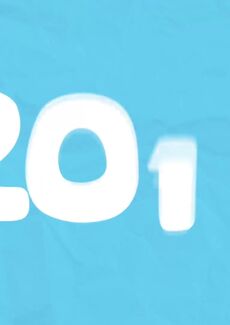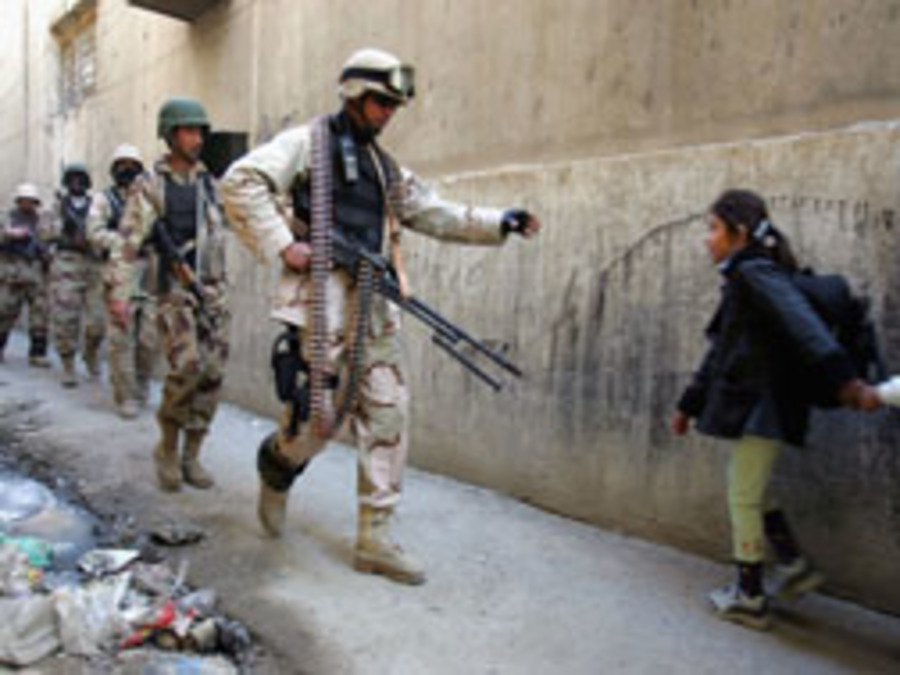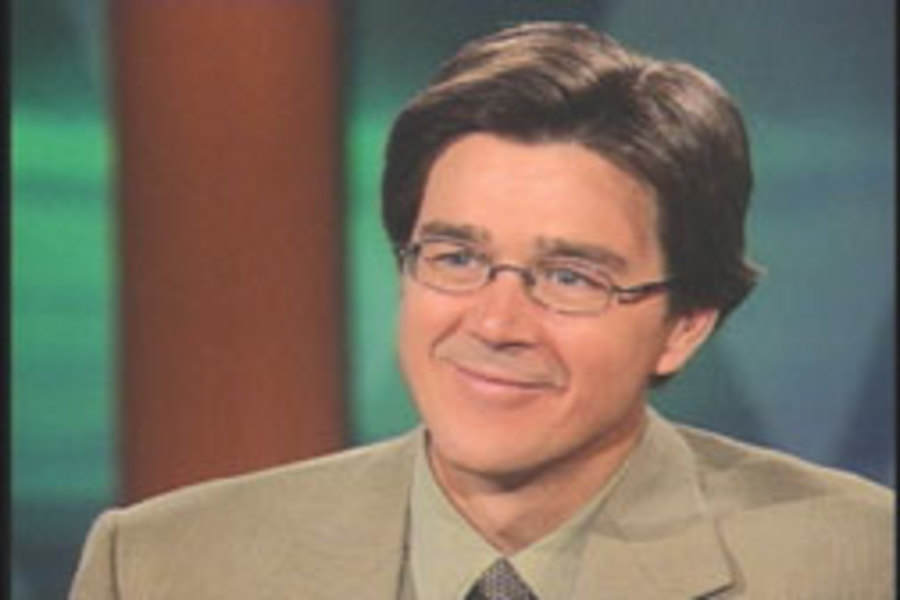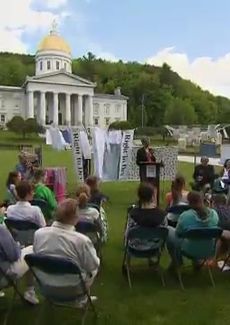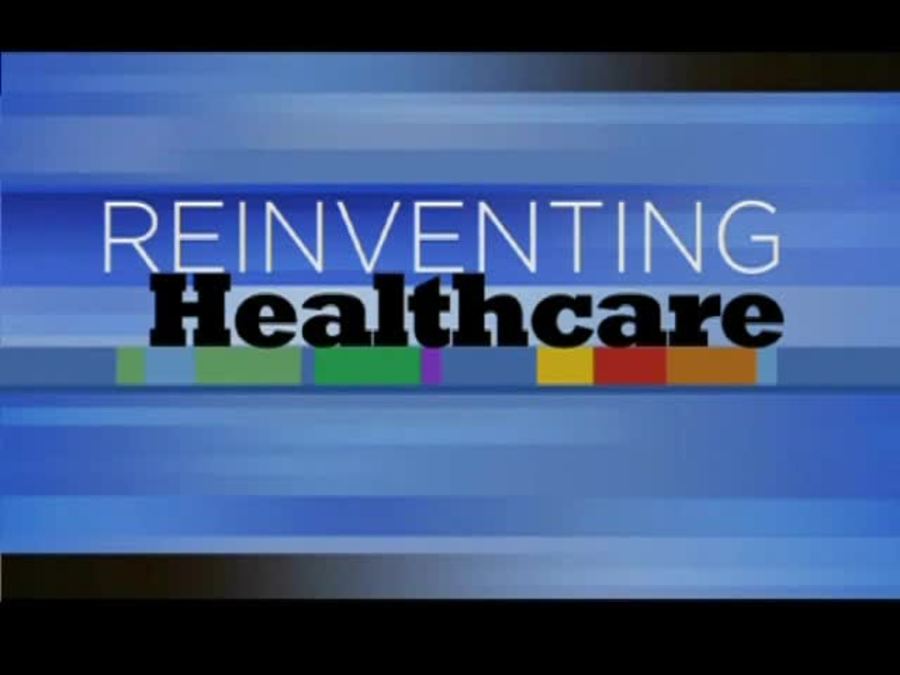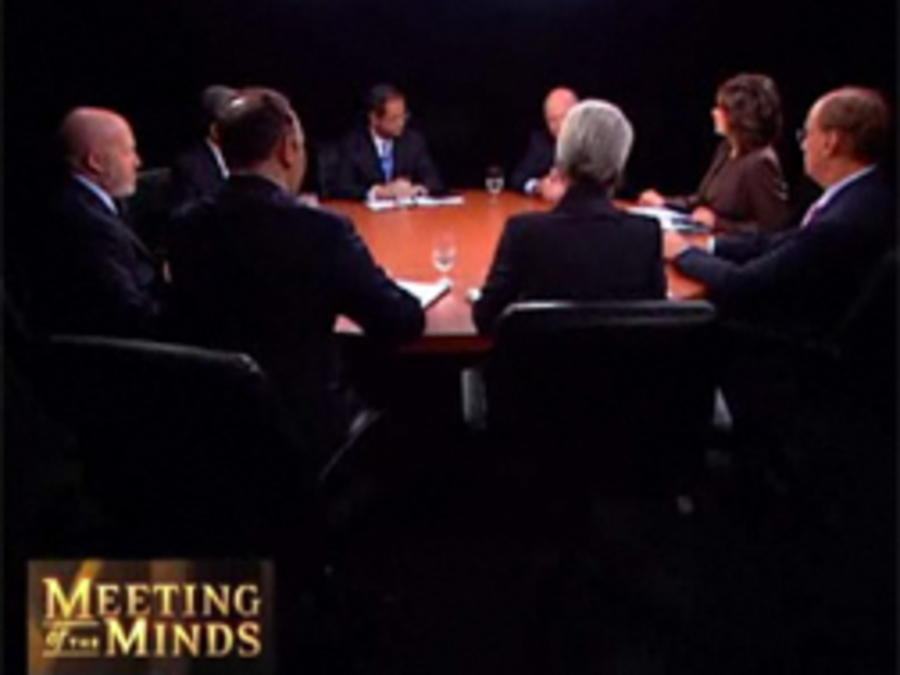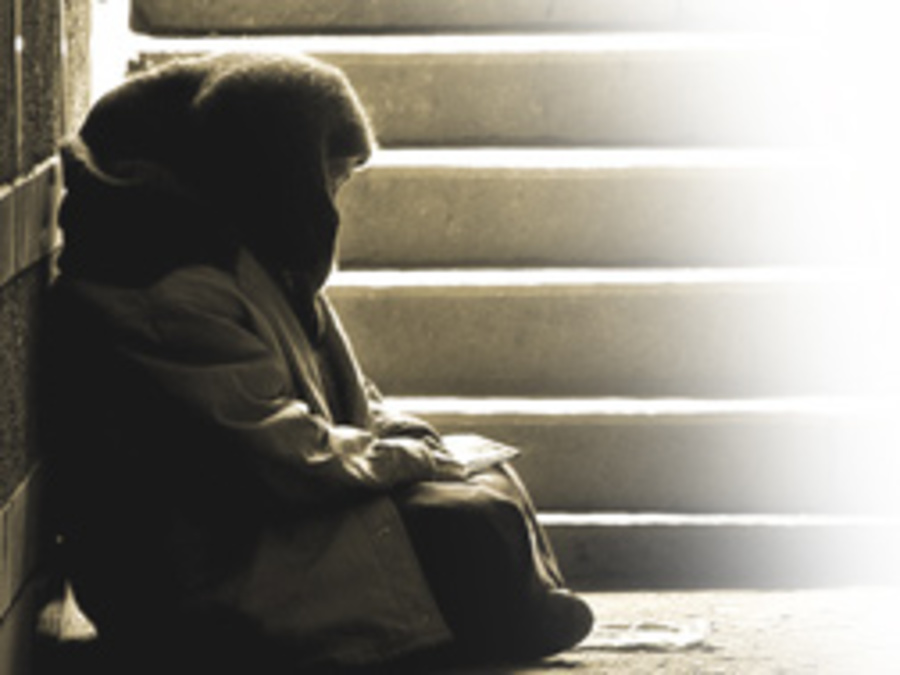 Try these videos to get started. Must be on campus or login with your COM account for off campus access.
Try these videos to get started. Must be on campus or login with your COM account for off campus access.
Want more on finding media? Try Articles & Media.
-
Bill Moyers Journal: Privatizing Government Services / State Budget Woes (58:00)
One government service after another has been turned over to private business for a profit. In this program, Bill Moyers Journal and Exposé: America’s Investigative Reports examine a whistleblower’s tale of military housing contracts gone awry as Seattle Post-Intelligencer reporter Eric Nalder reveals what happens when one private contractor drops the ball. In addition, Bill Moyers talks with New York Governor David Paterson about how states are coping with the economic crisis and checks in with author Sarah Chayes on the state of affairs in America’s “other war”—the one in Afghanistan—as the Obama administration prepares to take control of the White House.
-
Fiscal Policy—Economics U$A: 21st Century Edition
Description
In 1954 relying on "automatic stabilizers," President Dwight Eisenhower withheld raising taxes in order to encourage consumer spending. In the 1960s, newly elected John F. Kennedy and economic advisor Walter Heller pushed Congress to approve a $12 billion tax cut stimulus. The Employment Act of 1946 was the first time that government tried to employ fiscal policy. But, by 2010 economists disagreed about whether fiscal policy was dead, as they argued over the success or failure of President Obama’s stimulus plan. These stories are all examples of how government attempts to fine-tune tax and spending policies to reduce the severity of business-cycle fluctuations.
-
How are Policies and Regulations Impacting the Environment? (2:20)
This video explores how government policies and regulations can positively and negatively impact the environment.
-
Monsters to Destroy: Manifest Destiny (90:00)
With the collapse of the U.S.S.R., suddenly the U.S. was the sole superpower—a militaristic global leader with no clear enemy or foreign policy goal. The section “New World Disorder” illustrates the unprecedented turbulence of the fractured post–Cold War world during the George H. W. Bush administration: the Tiananmen Square protests, the U.S. invasion of Panama, the fall of the Berlin Wall, the Gulf War, ethnic cleansing in the Balkans and Rwanda, and famine in Somalia. “Indispensable Nation” analyzes President Clinton’s inability to create a demilitarized Manifest Destiny based solely on trade and economic growth. And “Smarter Than History” uses pivotal events from the George W. Bush presidency—the 9/11 attacks and the invasions of Afghanistan and Iraq—to examine the compromised objectives and unforeseen consequences of a deliberately unilateral foreign policy.
-
NOW with Bill Moyers: Mark Hertsgaard on the World’s Love/Hate Relationship with America (37:00)
Why has much of the world’s regard for America diminished in the last few years? In this program, Bill Moyers talks with journalist and author Mark Hertsgaard, who traveled the globe gauging foreigners’ ambivalence towards the United States. He shares his findings, published in his new book, The Eagle’s Shadow: Why America Fascinates and Infuriates the World, and comments on how America’s role is changing, especially in the wake of September 11th. He discusses key U.S. environmental and foreign policy decisions that have proven divisive of the international community, as well as a perceived lack of difference between globalization and Americanization.
-
On The Line (53:00)
What happens when a group of activists, priests, celebrities, and students risk arrest to protest U.S. foreign policy in Latin America?ON THE LINE is an inside look at the people behind one of the largest nonviolent movements in America today: the movement to close the School of the Americas/WHINSEC, a U.S. Army school that trains Latin American soldiers. In a world where politics, passion, and Constitutional rights collide, protesters discuss their activism, the dark side of U.S. foreign policy, and the challenges of protesting since 9/11.
-
Public Policy & Community Action (24:24)
his program explains how model ordinances can be put into place to assist municipalities in becoming more sustainable, and the role that students, teachers and citizen-activists can play in the process.
-
Reinventing Healthcare-A Fred Friendly Seminar (57:00)
Can the U.S. afford to reform its health care system? Can it afford not to, with 46 million Americans lacking health insurance and millions more underinsured? This Fred Friendly Seminar explores the dilemmas and urgently needed policy decisions surrounding what has become, literally, a life-or-death issue. NYU law professor Arthur Miller guides a team of high-profile panelists through a series of hypothetical case studies—focusing on a middle-aged man who must choose between a higher-paying job and adequate health coverage; a woman who avoids seeing a doctor because of high co-pays; and an uninsured woman who, tragically, can’t afford to deal with a serious medical problem.
-
Series: Meeting of the Minds: America's Economic Future (6-part series, 47 minutes each)
From one end of its economy to the other, America is evolving before our eyes. Health care, banking, manufacturing, technology—the future of these industries depend on visionary leadership and bold yet reasoned action. Presented by CNBC’s Maria Bartiromo, this six-part series brings heads of major corporations together with respected academics and key policy makers to help illuminate America’s path forward, not just to financial prosperity but to renewal. Former President Bill Clinton discusses the future of the global economy, GE CEO Jeff Immelt assesses the prospects for U.S. manufacturing, General Wesley Clark explores leadership concepts, and much more.
-
Series: Poverty in America (6-part series, 32–86 minutes each)
Combining scholarly analysis with a human-centered approach, this six-part series looks at the causes and effects of economic hardship in the United States while suggesting ways for society to combat the cycle of poverty. Situational, multigenerational, elder, and child poverty are all addressed through conversations with those who know economic hardship firsthand, while immigration issues and homelessness are also examined in depth. Expert commentary comes from respected writers, socioeconomic scholars, and frontline activists, including Washington Post columnist David Broder, Alan Berube of the Brookings Institute, and Jessica Bartholow, a community food bank administrator.
-
Torn Apart: Separated at the Border (39:18)
Description
Directed and produced by Academy Award®-winning filmmaker Ellen Goosenberg Kent, the intimate 40-minute film follows two mothers who were each separated from their children in the United States for months and are desperate to reunite with them. After fleeing violence that claimed the life of her husband and two uncles in Honduras, María was detained and separated from her 10-year-old son Alex for 70 days, while Vilma, who fled from her abusive husband in Guatemala, was placed in ICE detention and saw her 11-year-old daughter Yeisvi put in foster care for eight months. The film tracks both women as they navigate a complicated system that has placed their children thousands of miles away with little access to communicate with them. With the help of pro-bono lawyers and community volunteers, Vilma and María eventually reunite with Yeisvi and Alex – and await uncertain futures as their asylum claims are still pending.
An HBO Production.
![]() Try these videos to get started. Must be on campus or login with your COM account for off campus access.
Try these videos to get started. Must be on campus or login with your COM account for off campus access.

